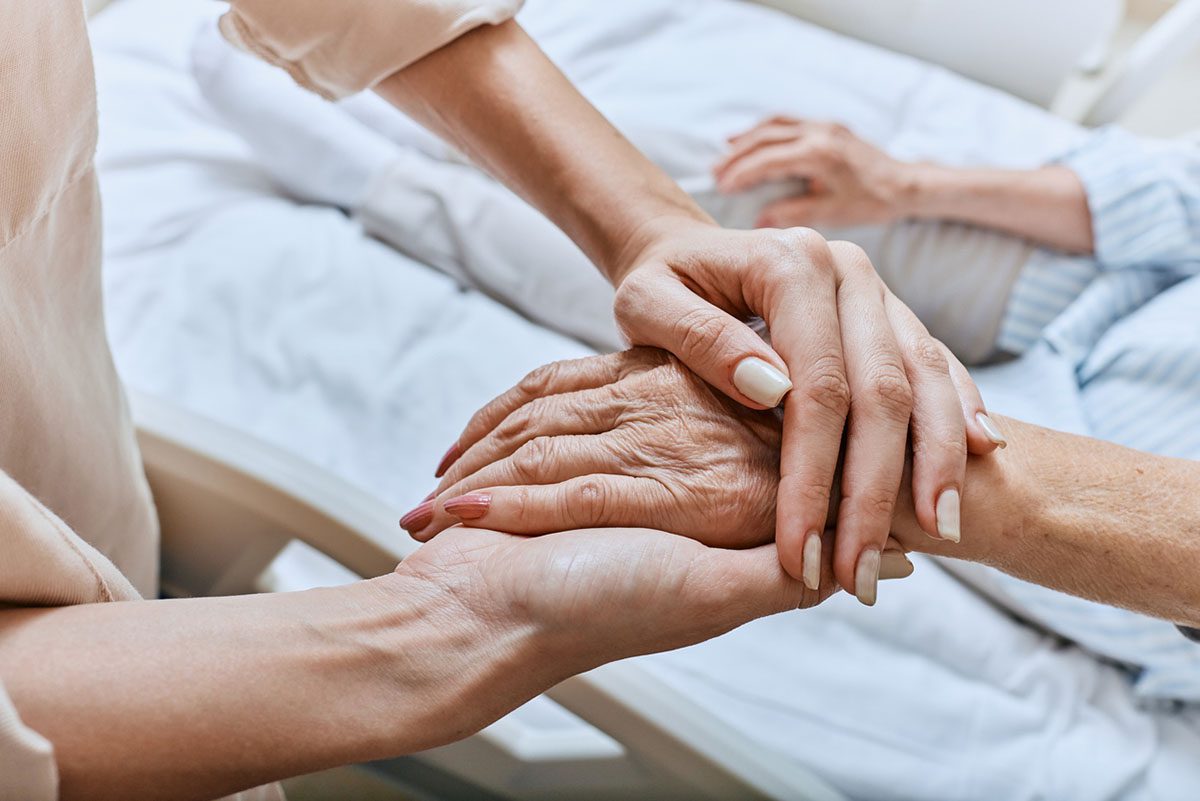Background: In a general hospital, few clinical settings match the intensity of the intensive care unit (ICU) experience. Clinical rotations in ICUs elicit and emphasize the struggles house officers face on a daily basis throughout their training.
Method: These struggles were recorded by hundreds of residents in a journal maintained in the Massachusetts General Hospital’s Medical ICU for the past 20 years. We systematically reviewed these unsolicited entries to define and to illustrate how house officers respond to caring for terminally ill patients. The 3 overarching topics that surfaced repeatedly were assessment of terminally ill patients, reaction to their prognosis, and management of their disease or their eventual demise.
Results: House officers record affective reactions and cognitive assessments to cope with the stress and dysfunction associated with the care of the critically ill and to facilitate their management of these patients. Journal entries by residents reveal a deep concern for the welfare of their patients, conflict about the technological advances and limitations of the system, and reflection on how involved physicians should become with their patients.
Conclusion: House officer journal entries reflect a combination of newly gained medical knowledge and coping strategies in managing terminally ill patients. House officers also demonstrate a deep concern for the welfare of their patients. Insight from years of reflection from past house officers can help prepare trainees and residency programs for the breadth and intensity of the ICU experience and for work in clinical practice settings that follow completion of training.
This PDF is free for all visitors!



